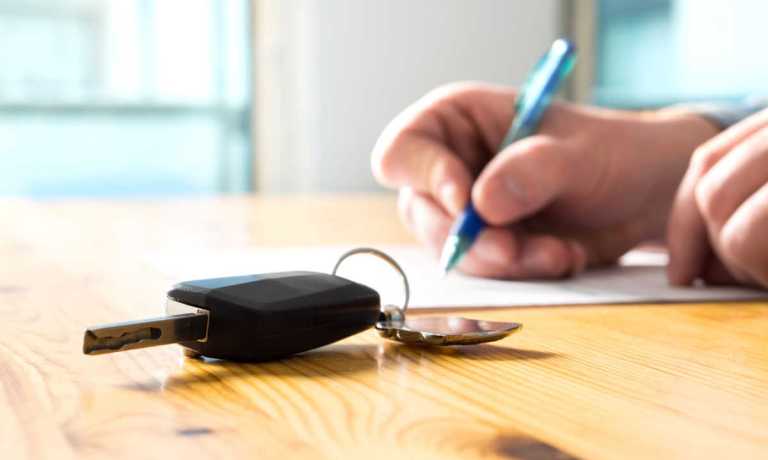High Interest Rates Drive New Records in Auto Loan Payments

The surge in interest rates has resulted in record-high loan payments for consumers who have borrowed money to purchase new cars.
With one in five borrowers owing at least $1,000 a month, the combination of surging interest rates and costly inventory has made vehicles less affordable, the Financial Times (FT) reported Friday (Oct. 6).
This trend not only affects consumers but also poses challenges for carmakers and financial institutions, according to the report.
The interest rate on car loans averaged 7.4% in the third quarter, the highest since 2007, the report said, citing data from research firm Edmunds.
The rising interest rates in the U.S. have led to record-high loan payments for consumers who borrowed money to buy new cars, per the report. The average monthly payment of $736 is the highest on record, with nearly 18% of car buyers paying at least $1,000 per month.
Consequently, some customers are turning to more affordable vehicle options, shifting away from the previous preference for fully loaded trucks and SUVs, according to the report. Smaller, more affordable cars are now selling faster than expensive models.
The increasing financing costs and interest rates pose challenges for carmakers, the report said. Higher prices and interest payments might dampen consumer demand, as it is already happening with the trucks and SUVs that are more profitable for automakers.
Financial institutions and loan providers are also feeling the impact of the interest rate surge, per the report. For example, Ally Financial, a prominent auto loan lending business, has reduced expenses through headcount reduction due to the challenging macro environment. The company originated $9.8 billion in consumer car loans in the second quarter, down 21% from the previous year.
To stimulate demand, carmakers have increased incentives to attract buyers, according to the report. Discounts, including leasing deals, special financing rates, and cash rebates, averaged $2,365 in August, the highest of the year. However, these incentives remain historically low, accounting for only 4.9% of the average transaction price compared to pre-pandemic levels of about 10%.
Interest rates are affecting the market for used cars as well, with used car retailer CarMax reporting that some would-be buyers are putting off purchases due to higher interest rates. “I would say the trade-in cycles are a little longer,” CarMax President and CEO Bill Nash said Sept. 28 during the company’s quarterly earnings call.